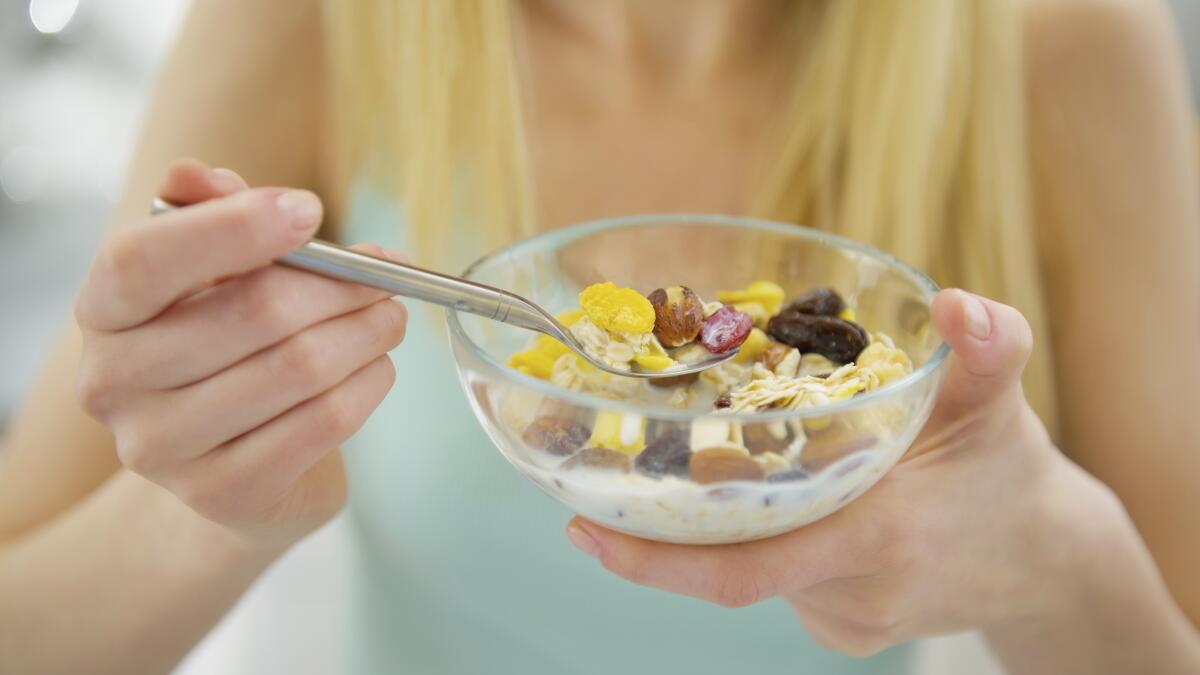
Walking is the primary gait that terrestrial animals use to locomotion. It is slower than the other gaits. It has an inverted pendulum gait that sees the body vault over stiff limbs every step. Walking is the most efficient form of locomotion. There are many benefits to walking. Read on to learn about the most common gait for humans.
Walking can boost mood and help people believe in themselves. One study found that regular walkers have better health perceptions than those who don't, and a greater sense of well-being. Furthermore, walking is good for the body and the soul, helping to keep a healthy weight. Walking is a wonderful way to make friends. There are many benefits to walking. You can do it in the comfort of your own home or even at a local park!

Walking strengthens the heart. One study of 1000 women showed that walking 30 minutes per day reduced sick days by 43%. They also experienced fewer severe symptoms and had fewer days of sickness. Whether you're new to walking or an old pro, it's a great way to get more exercise and improve your health. Keep in mind that physical activity is important to prevent illness. You'll be more healthy the more you do it.
Walking lowers stress levels and helps to control blood pressure. It increases muscle strength in the lower body, which makes it easier for older people to walk. It can also lower the risk of falling and improve mental health. Walking can be a great way to manage chronic conditions and keep you independent. Walking can be used to manage pain from chronic illnesses. If done regularly, it can help reduce depression and even decrease the risk of dementia.
Besides improving your health, walking can help you feel good about yourself. Studies have shown that walking for a few minutes can make you happier than your daily commute. This is true even for people who are sedentary. Even with their busy schedules, taking a stroll every day can help them sleep well. And while walking can be fun and relaxing, it also has numerous other benefits. It improves mood and calms the mind.

Recent research suggests that walking may increase creativity. A study on creative thinking found that women who walked for an hour a day had more innovative ideas than those who stayed in their seats. It was also a great way for them to meet new friends and to listen to audiobooks. It helped her confidence, and her overall health. Walking can be beneficial regardless of age or gender.
FAQ
Is Cardio Better Than Strength Training?
Both are equally good. For those who want to gain muscle quicker, cardio is a better choice.
Cardio burns more calories in a minute than strength training and more fat.
Strength training builds muscle mass, but it takes longer to achieve this goal than cardio.
Do weightlifting burn fat faster?
Although weight lifting can help you lose fat more quickly, it is best to combine it with cardio exercises.
You should do weightlifting after your cardio workouts to maximize its benefits.
Weightlifting, when done properly, increases your heart rate.
It is important to combine cardio with it, as you will not see significant changes in your body's composition.
What Is The Best Workout For Men Over 40?
Older men often have more energy and stamina when they exercise.
It is important you remember that most people aged 40 and over experience a loss in testosterone. This results in lower sex drives.
However, this doesn't mean you cannot still enjoy physical activity. Many studies show that regular aerobic exercise can boost testosterone in some men.
If you are looking to improve your sexual performance, an aerobics workout is the best option.
Statistics
- 10 pounds in a month is likely during a lean bulking phase, especially for beginners. (muscleandstrength.com)
- By John Thompson Take a whopping 38% off a set of PowerBlock Pros. (menshealth.com)
- The PRS enabled risk stratification for overall prostate cancer and lethal disease with a four-fold difference between men in the highest and lowest quartiles (HR, 4.32; 95% confidence interval [CI], 3.16-5.89). (pubmed.ncbi.nlm.nih.gov)
- According to the American Heart Association, blood pressure should be checked at least once every two years, beginning at age 20. (my.clevelandclinic.org)
- An estimated calorie range for moderately active adult males falls between 2,200 to 2,800 calories per day, depending on age. (eatright.org)
External Links
How To
How do I lose fat by exercising?
Exercise can help you burn calories and increase your metabolism.
Moderate intensity exercise is a safe way to lose weight.
These are some tips to help you lose fat while working out:
-
Cardio exercises include walking, running, swimming, cycling, running and jogging.
-
Three times per week, exercise for 30 minutes.
-
If you want to lose more weight, add strength training to your routine.
-
Avoid doing intense exercises. You can build muscle and not break down muscle tissue.
-
Keep hydrated during exercise. Water helps flush out toxins and keep your body properly hydrated.
-
After exercising, consume low-fat protein smoothies. Protein shakes can help boost energy and repair muscles.
-
Smaller meals are better for you.
-
Don't skip breakfast! Skipping breakfast can cause you to feel tired and sluggish.
-
Take care to your mental well-being. Stressful situations may slow down your metabolism.
-
Keep a positive attitude. Studies show that people who believe they're overweight gain more weight than those who think they look pleasing.
-
Get enough rest. It is harder to lose fat if you don't get enough sleep.
-
Keep active. Get up every hour and get moving.
-
Maintain a healthy diet. Eating right keeps you feeling full and satisfied longer.
-
Find relaxation methods. An anxious mind won't allow your body release stress hormones, which can lead to the destruction of muscle tissue.
A balanced diet provides all the nutrients necessary for growth and development.
Consider eating six small meals daily instead of three big ones. This allows your body to properly digest what you have eaten.
Calcium is required to support strong bones. Calcium is available in dairy products like milk, yogurt, fortified soy beverages, orange juice, cereal, bread, and cereals.
Calcium is found in leafy green vegetables and beans, tofu as well as nuts, seeds, cheese, and seeds.
Vitamin D is necessary for the body to absorb calcium. Vitamin D is found in certain fortified foods, such as egg yolk and fatty fish.
Vitamin E plays an important role in skin health. It can be found as a vegetable oil, wheat germ, peanuts or almonds.
Your body needs zinc to maintain normal immune function and heal wounds. Zinc can be found in seafood, legumes and meats.
Zinc deficiency could cause fatigue, nausea, vomiting, and depression.
Eating too much sugar causes insulin resistance, which increases blood glucose levels. Insulin resistance leads directly to weight gain.
High levels of free radicals can lead to insulin resistance. Free radicals refer to molecules that contain unpaired electrons. They can damage cell membranes and other body parts.
Most free radicals come from pesticides herbicides, food additives, preservatives smoking, radiation, chemical in cosmetics, lotions and household cleaning supplies.
Free radical damage can lead to cancer, heart disease, diabetes, arthritis, asthma, and aging.
A well-balanced diet rich in antioxidants is the best way for you to avoid free radical damage. Antioxidants protect against oxidative damage.
Vitamin C (found on citrus fruits), Beta carotene, found in carrots and sweet potatoes, spinach and broccoli, cantaloupe (found in tomatoes, mangoes and peppers), and Vitamin E (found nuts, olive oil and avocados).
Selenium, manganese (and zinc) are other antioxidant nutrients.
Selenium helps protect cells from oxidative damage caused by free radicals. Selenium can be found in Brazil nuts and liver, kidneys, liver, kidneys, shrimp, cod, turkey and lamb as well as chicken.
Copper protects eyes, brain, lungs and red cells. Copper can be found in meat, shellfish, meat, and organ meats.
Manganese plays an important role in bone structure. Manganese can be found in brown rice and spinach as well as bananas, prunes raisins, oatmeal, lentils, and oatmeal.
Zinc helps with normal growth, reproduction, as well as wound healing. Zn is found in lean cuts of meat, white fish, poultry, and eggs.